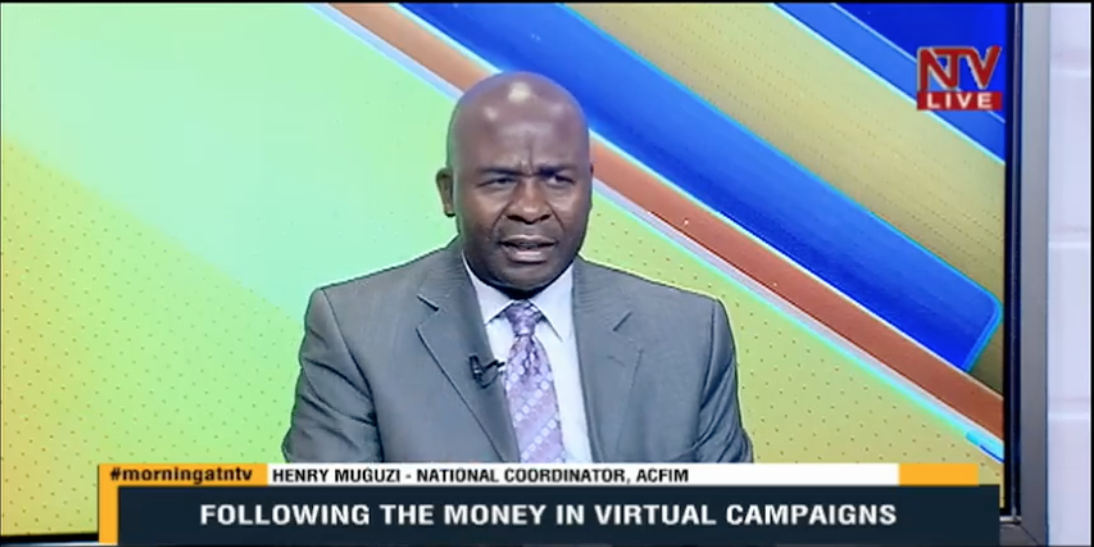Recently, the judiciary warned that there is a looming constitutional crisis that may arise over delayed hearing and disposal of election petitions at the High Court due to Covid-19 lockdown that has paralyzed court business.
However, following the partial easing of the lockdown, the judiciary came out committing to equip all the upcountry High Court circuits with technology so that election petitions are handled.
“We are aware that we are running out of time, but we are looking at ways of how to avert it. There is no need to worry. If the physical hearings cannot take place, we have been developing technology in all our High Court circuits as a remedy to that,” Mr. Jameson Karemani the judiciary spokesperson said while addressing the press.
Although the Judiciary may have first tracked and prioritized elections petitions, it may take time to finish them in time if it does not enhance other courts with more technology of virtuality since the practice demands hearing and disposing-off petition cases within the election year.
In the recently concluded 2021 general elections, there are 104 parliamentary and 49 local council election petitions as compared to the 2016 general elections that attracted 85 parliamentary and 135 local council electoral petitions.
Since the practice states the all-electoral petitions must be heard within the year of the election, the judiciary has only four months to work and finished up all the 153 petitions.
However, according to Henry A. Muguzi, the Executive Director of Alliance for Campaign Finance Monitoring (ACFIM), four-month may not be enough given that even in the previous elections, petitions haven’t been concluded in a record time often spread across the 5-year term.
“Going by the trends and effects of the Covid-19 pandemic, many aggrieved electoral participants especially the candidates and electorate, risk failing to access electoral justice if the Judiciary doesn’t consider adjusting to embrace e-justice as the new normal. It will be an injustice on them, ”Muguzi said in a 5th August letter.
He also advised that the judiciary must embrace and adopt the use of virtual platforms to adjudicate court cases because it’s becoming evident that the Covid-19 situation is not about to end soon as countries battle different waves of the pandemic.
“We advocate for the judiciary to extend powers of adjudicating election petitions to the lower courts at the district level to quickly expand the petitions. As of now, only the High courts at the regional level are mandated to hear election petitions.”
Muguzi also encouraged and advised the courts/judiciary to put in place electoral tribunals to handle matters of elections that will also address overwhelming court cases and backlog.
“Like the way, William E. Gladstone in 1842 asserts that “justice delayed is justice denied. The perpetual delay of electoral justice to candidates and the electorate is a denial of their rights. It is unfair to conduct an election in the covid-19 pandemic and fail to adjudicate election petitions in election aftermath due to lockdown.”
Do you have a story in your community or an opinion to share with us: Email us at editorial@watchdoguganda.com










